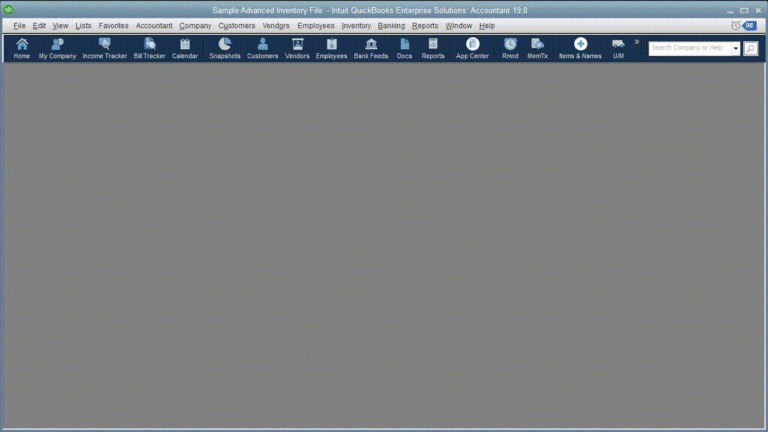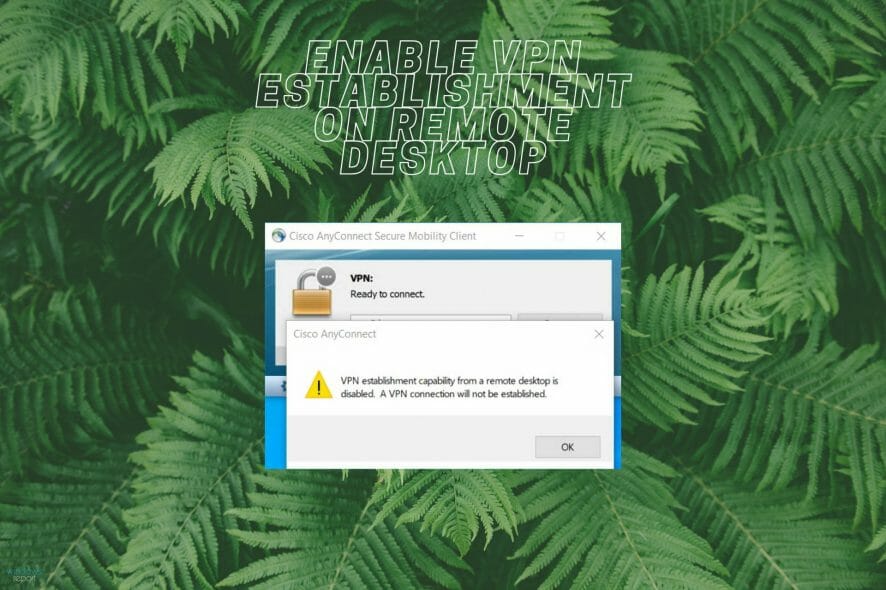

- MIKOGO SECURITY ISSUES INSTALL
- MIKOGO SECURITY ISSUES WINDOWS 8.1
- MIKOGO SECURITY ISSUES PC
- MIKOGO SECURITY ISSUES WINDOWS
Delete the CertificateMappingMethods registry setting only after the Jupdate has been installed on all intermediate or application servers and all DCs. Or, pre-populate CertificateMappingMethods to 0x1F as documented in the Registry key information section of KB5014754 on all DCs.
MIKOGO SECURITY ISSUES INSTALL
Then install this update on all DC role computers. Install this Jupdate on all intermediate or application servers that pass authentication certificates from authenticated clients to the domain controller (DC) first. We are currently investigating and will provide an update in an upcoming release.įor machine certificate authentication considerations, do one of the following: For more information, see step 7 of the Enable and Configure NAT article on the Microsoft Docs website. To do this, click to clear the "Enable NAT on this interface" check box on the NAT tab. To temporarily workaround this issue, disable the NAT feature on the RRAS server. Devices which connect to the server might not connect to the Internet, and servers can lose connection to the Internet after a client device connects.
MIKOGO SECURITY ISSUES WINDOWS
We are presently investigating and will provide an update in an upcoming release.Īfter installing this update, Windows Servers which use the Routing and Remote Access Service (RRAS) might be unable to correctly direct Internet traffic.

MIKOGO SECURITY ISSUES PC
For instructions, please see Use your Windows PC as a mobile hotspot.

To mitigate the issue and restore Internet access on the host device, you can disable the Wi-Fi hotspot feature. When attempting to use the hotspot feature, the host device might lose the connection to the Internet after a client device connects. We are working on a resolution and will provide an update in an upcoming release.Īfter installing this update, Windows devices might be unable to use the Wi-Fi hotspot feature. Perform the operation from a node that doesn’t have CSV ownership. Perform the operation from a process that has administrator privilege. This occurs when you perform the operation on a CSV owner node from a process that doesn’t have administrator privilege. Known issues in this updateĬertain operations, such as rename, that you perform on files or folders that are on a Cluster Shared Volume (CSV) may fail with the error, “STATUS_BAD_IMPERSONATION_LEVEL (0xC00000A5)”. For more information, see KB5015527.įor more information about the resolved security vulnerabilities, please refer to the new Security Update Guide website and the June 2022 Security Updates.

For such failure scenarios, the Microsoft File Server Shadow Copy Agent Service will log FileShareShadowCopyAgent event 1013 on the file server. If you don’t install the update on both machine roles, backup operations carried out by applications, which previously worked, might fail. The application server runs the Volume Shadow Copy Service (VSS)-aware application that stores data on the remote Server Message Block 3.0 (or higher) shares on a file server. To become protected and functional, you must install the Jor later Windows update on both the application server and the file server. Printing to a NUL port from a Low Integrity Level (LowIL) process application could cause printing failures.Īddresses an elevation of privilege (EOP) vulnerability under CVE-2022-30154 for the Microsoft File Server Shadow Copy Agent Service. This security-only update includes new improvements for the following issue:
MIKOGO SECURITY ISSUES WINDOWS 8.1
Operating systems in extended support have only cumulative monthly security updates (known as the "B" or Update Tuesday release).įor information about the various types of Windows updates, such as critical, security, driver, service packs, and so on, please see the following article. To view other notes and messages, see the Windows 8.1 and Windows Server 2012 R2 update history home page. IMPORTANT Windows 8.1 and Windows Server 2012 R2 have reached the end of mainstream support and are now in extended support. Starting in July 2020, there will no longer be optional, non-security releases (known as "C" releases) for this operating system.


 0 kommentar(er)
0 kommentar(er)
